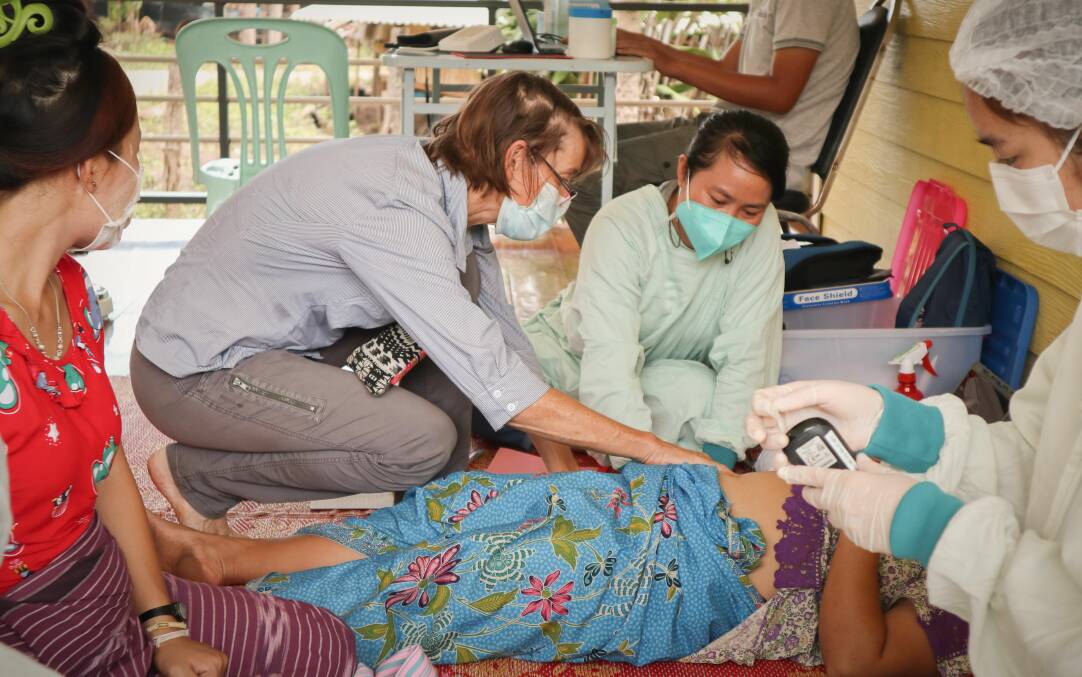
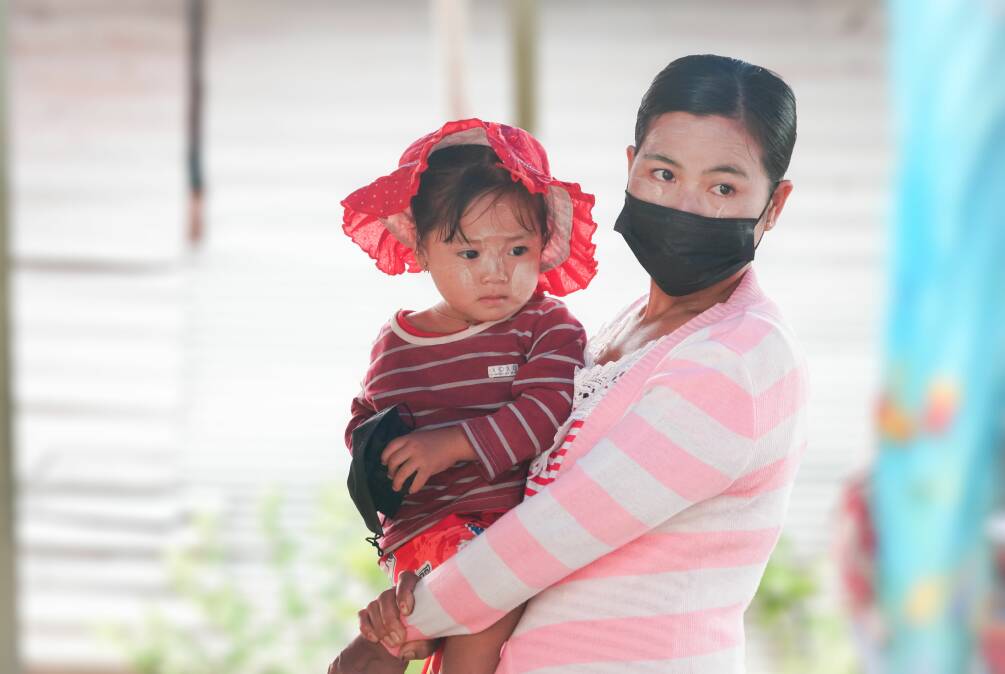
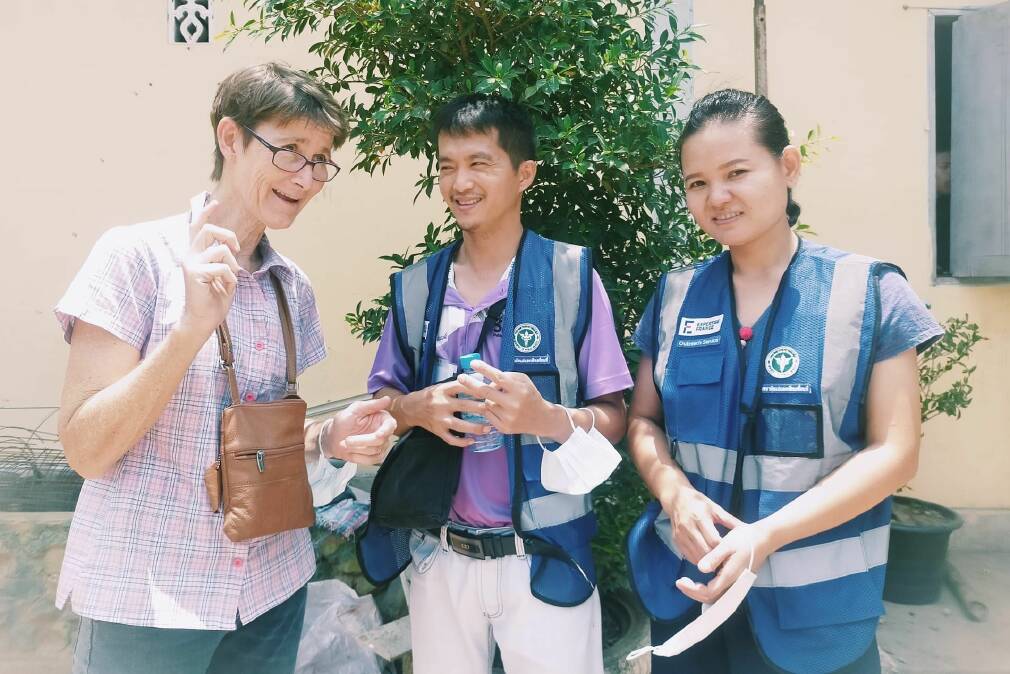
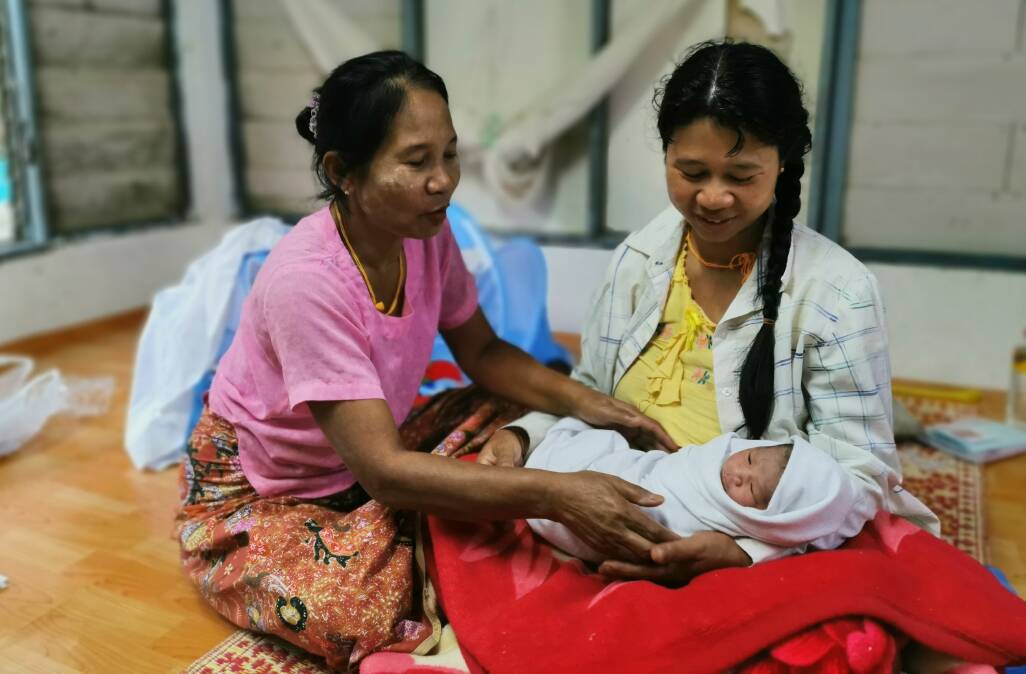
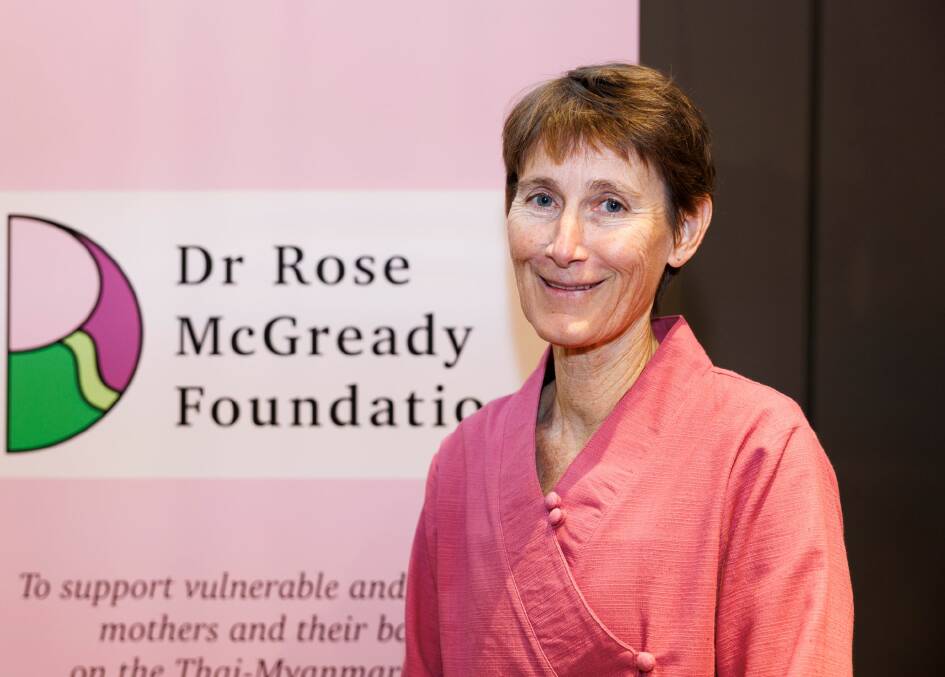
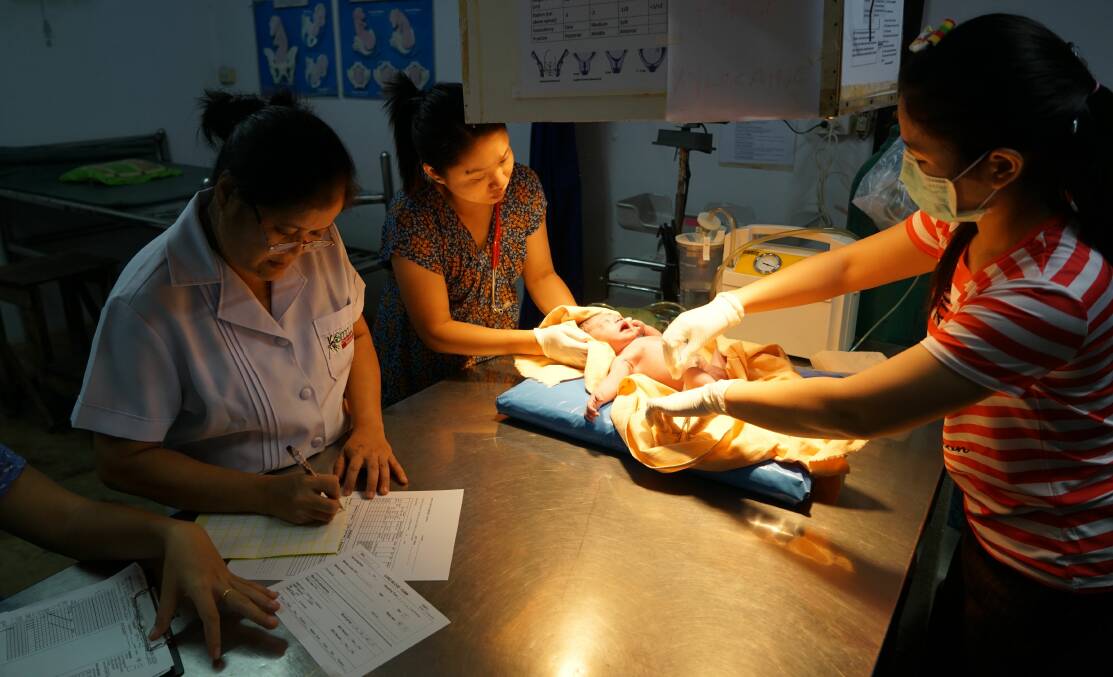
It must have surprised the Burmese family strolling up Mount Painter, on the outskirts of Cook, when the solo walker passing by smiled and greeted them not only in their native tongue, but using their Karen dialect.
In fact, this pale skinned Canberran, of Irish stock, could have chatted to them in any of the five languages that flow around eastern Myanmar.
Little did they know it, but the diminutive woman heading for the mountain view was Dr Rose McGready, a world expert in the treatment of malaria. Her trailblazing decades of work in refugee camps on the Thai-Myanmar border is credited with saving tens of thousands of lives and changing World Health Organisation guidelines on the treatment of malaria in pregnant women.
Beyond our shores Dr McGready is celebrated as a medical heroine, yet here at home this shy, humble woman slips by unnoticed. And that's how she prefers it.
But right now there is a looming crisis spilling across the Thai-Myanmar border that is about to smash through decades of painstaking work to eliminate malaria as the killer that once held Southeast Asia hostage.
"It's back", she says with wide eyes, as I enter the kitchen of her family home in Cook. There are packing boxes in the lounge and chairs piled on a dining table. Rose's beloved mother, a school teacher and the woman she calls her "fountain of knowledge", recently died and Rose is home to help her brothers pack up the house.
"The malaria", she says, "It's coming back". An open laptop on the bench blinks with urgent emails.
Myanmar rarely registers on news radars these days. Since the brutal military junta staged a bloody coup in 2021, reporting out of the region has been compromised. But what is apparent from eyewitness accounts is that the junta is waging an ethnic cleansing genocide of epic proportions.
The BBC recently reported that air strikes are a new weapon in the military's warfare, with soldiers shooting civilians from helicopters, taking aim at children, through school room windows and bamboo walls. As the villages of ethnic minorities are torched to the ground, health clinics are destroyed, along with a generation of malaria-resistant immunity. Hundreds of thousands of desperate and destitute people are now on the move, fleeing to safety over the border and into refugee camps.
Last week's ASEAN meeting condemned Myanmar for the ongoing violence, with Australia's Foreign Minister Penny Wong echoing concerns about the humanitarian crisis.
But the parallel crisis yet to draw global attention is the one Dr McGready is alluding to when she says "it's back".
When Rose first arrived at what were initially makeshift refugee camps on the Thai-Burma border back in 1995, malaria was rampant.
"I never in my wildest dreams expected to end up there," she says.
She had in fact been on her way to Africa, with a passion to see giraffes in the wild. But a chance encounter at a tropical medicine network meeting in the UK with the man she calls the "god of malaria and a beautiful human being", Professor Nicolas White, changed her plans.
He asked if she did "deliveries" and could work in tough, remote environments. Although not an obstetrician by training, Rose's stint working as a doctor in Aboriginal communities in Australia's north meant she'd had plenty of hands-on experience. Babies included.
Assuming the giraffes would wait, she volunteered her services.
Within two months of arriving at a Thai refugee camp near Mae Sot, she was facing an epidemic of malaria. Working with the newly established Shoklo Malaria Research Unit, under the guidance of another malaria luminaire, Professor Francois Nosten of France, Rose quickly took on the primary role of caring for the burgeoning population of malaria-infected mothers and babies.
Training locals to work with her, Rose's team did numerous studies on pregnancy and malaria, leading to a shift in global policy on malaria treatment and the development of a new vaccine. She built a huge network of trained health workers to conduct rapid, early testing of pregnant women across villages on the Myanmar side of the border.
"It worked", she says, "In every small village it was working wonderfully." Early detection and treatment led to a massive shift in mortality rates.
"We haven't seen malaria for 10 years," Rose says, with surprising triumph. Then corrects herself. "Hadn't".
Now the Myanmar military has smashed everything. Health and hope.
The latest data shows a 300 percent increase in malaria deaths since 2021. The first six months of this year have seen double the deaths in 2022. The less deadly type of malaria, known as vivax, has also "skyrocketed".
Recently Rose and a small group of her Australian school buddies launched the Rose McGready Foundation. Its primary focus is providing health care to impoverished people on the Thai-Myanmar border, particularly women and new mothers.
But for this gentle and unassuming woman from Canberra, there is an awkwardness about lending her name to this cause.
"What we need in this area is not foreigners," she says, "we need trained local leaders with medical skills, research and leadership skills". "That's what I'm really pushing forward, while also stepping back."
When I last visit Rose she's tutoring a Burmese student online who is applying to do his PhD. Just one of hundreds she has mentored.
So what about those giraffes in Africa? Will she ever get to see them? Rose smiles.
"They can wait."
- Virginia Haussegger AM is a Canberra journalist and founding director of the 50/50 by 2030 Foundation. Twitter: @Virginia_Hauss







